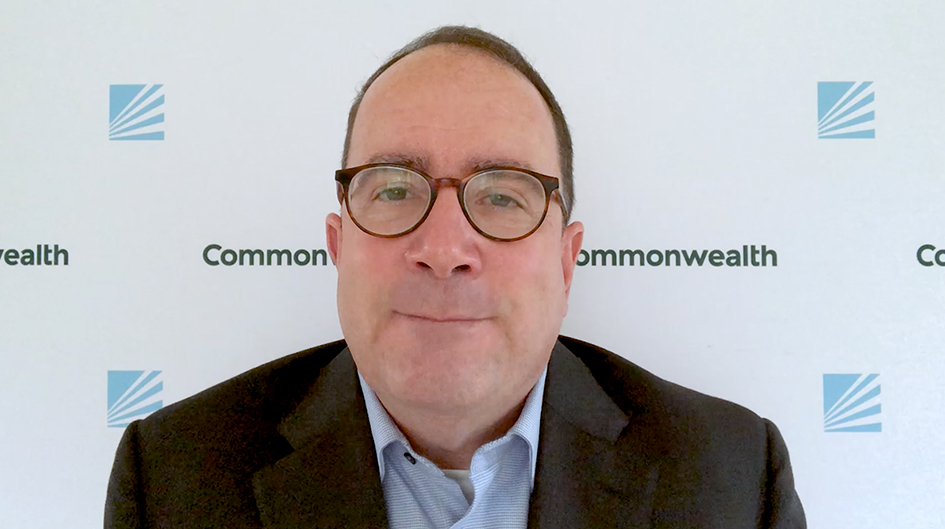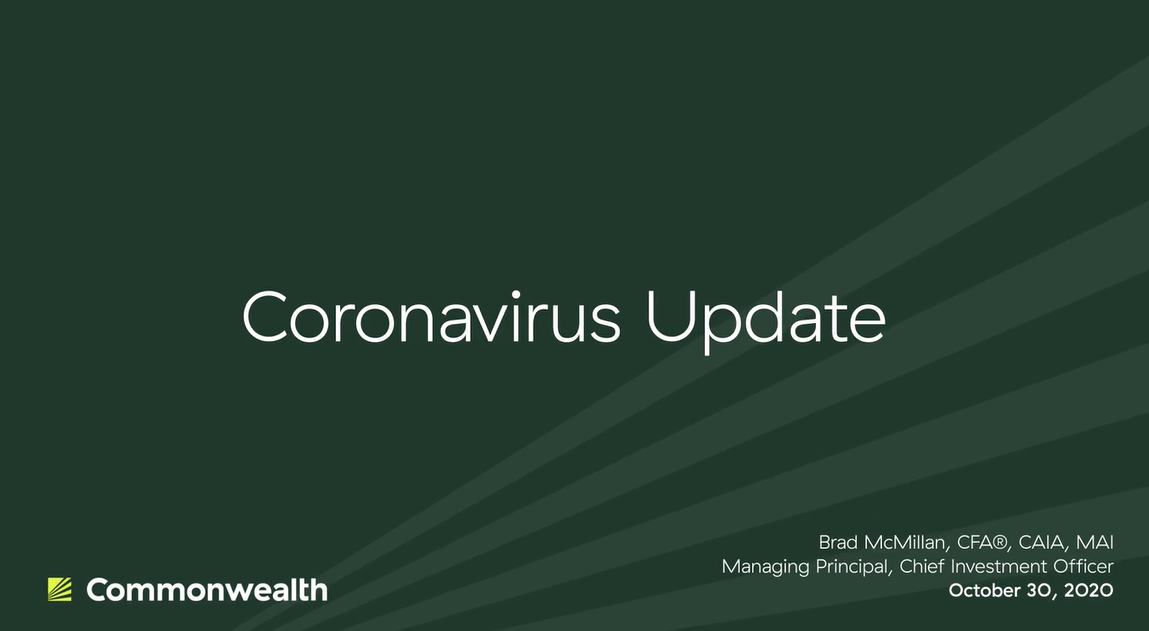A lot has changed in the past week. I normally try and get this post up earlier in the month, but with everything that has happened—and which has demanded comment—this is the earliest I could fit it in. But that is a good thing, as the ”looking forward” piece is now going to be rather different than it would have been last week. So, let’s take a look back and then forward, and try and figure out where we are going in the next couple of weeks.















